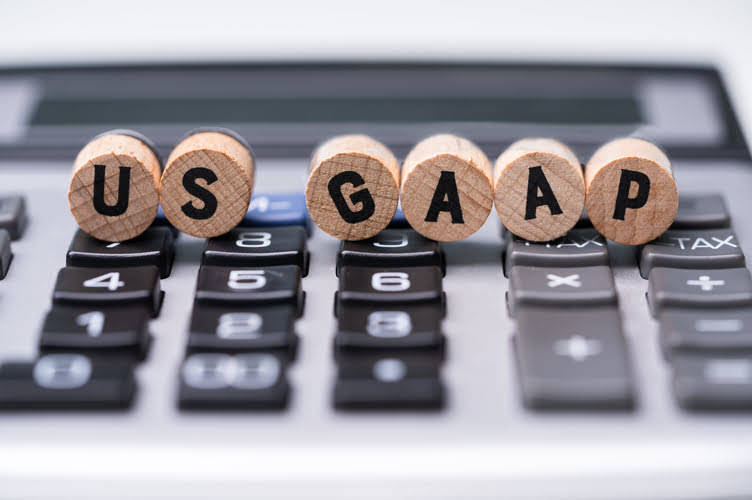
With blockchain, auditors can directly access the ledger and verify the accuracy of transactions without going through multiple documents or data sources. This also lowers the risk of human errors during reconciliation, resulting in more efficient and accurate accounting. Once the company confirms receipt, a smart contract triggers payment to the supplier without manual intervention. This tamper-proof system ensures transparency, eliminates discrepancies, and provides real-time access to financial data for all stakeholders, including auditors and regulatory authorities.

Increased Transparency in Financial Transactions

For example, blockchain technology will record that you bought something with 1 bitcoin. However, accountants can’t see whether it’s a car or even that you categorized your assets correctly. Paying 1 bitcoin for a business car has different tax implications than sending a friend 1 bitcoin for their birthday. Blockchain is a decentralized, distributed ledger that focuses on the ownership and transfer of assets.
About traditional accounting systems
There are three key aspects of blockchain that can affect the accounting industry. In the rapidly evolving accounting landscape, staying ahead of technological advancements is crucial for maintaining a competitive edge. Agilie is a European IT outsourcing organization that crafts unearned revenue from scratch and optimizes software solutions that align with our clients’ boldest ideas.

Cost Savings
Deloitte predicts that blockchain will become a “critical asset” for financial institutions. Blockchain in accounting blockchain in accounting relies on a network of computers (nodes) that validate and record transactions. The smart contract capacity on the Blockchain allows businesses to structure, execute and automate their interaction with clients in a way that all stakeholders agree on. Blockchain is a shared ledger of transactions or program states on a peer-to-peer network of computers.
That means if a business or organization makes hidden errors, records with the trusted third party will help uncover them. This arrangement of financial reporting helps business owners and auditors to avoid human errors and financial malpractices. Another human error in accounting is assigning the wrong category for revenue, expenses, or liabilities, which results in erroneous financial statements. Smart contracts and AI analyze transactions and mark inconsistencies, while the immutable ledger ensures proper classification.
Navigating the maze of audit compliance
- Businesses may encounter interoperability challenges and inconsistent results across different blockchain solutions.
- It also saves businesses a lot of time from having to deal with fraud or trying to collect money from dishonest organizations.
- In accounting, transparency is crucial for minimizing errors, ensuring regulatory compliance, and improving stakeholder trust.
- Blockchain technology has the potential to replace the 500-year-old double-entry accounting system.
- Blockchain adoption requires specialized knowledge and skills that many accounting professionals may not have.
For instance, in a supply chain, a smart contract can automatically release payment once goods are delivered and verified, improving efficiency. Nevertheless, https://freegiftcode.com/deposit-slip-template-fill-out-sign-online-and-2/ it is important to remember the existing threats of cyber attacks on the users’ non-custodial wallets, smart contracts, and network nodes. Blockchain can help prevent accidental duplication of invoices, expenses, or payroll payments based on the correct realization of smart contracts or transaction control systems. The chances of record duplication are reduced as each transaction gets a unique cryptographic signature. Blockchain’s task is to ensure a real-time reconciliation by underlining the duplicate entries.
- The transition can be complex, requiring time and resources to ensure smooth integration with legacy systems.
- This blog discusses the transformative impact of blockchain on accounting practices and processes and how it can position your business for success in the fast-paced financial ecosystem.
- With proper planning and implementation, companies will enjoy greater security, accuracy, transparency and efficiency when managing their finances using blockchain.
- Businesses may face pushback in training employees or adapting organizational culture to blockchain-based practices.
- The value on a debit account must always tally with the value on the corresponding credit account.

Authorized parties can access a real-time ledger, proving that blockchain can reduce the likelihood of fraudulent reporting. The auditors can cross-check the transactions in real-time, which greatly reduces the risk of any manipulations in the financial statements. Accounting is a noticeable area for blockchain innovation due to the significant improvements it can present. Although the middle man slows down transactions and adds fees for their services, they’re not all bad. The middle man plays a large role in protecting both parties in the exchange of assets from fraud.

Blockchain for Accounting: A Comprehensive Guide for Businesses
Specializing in fintech, mobile banking, and payment solutions, our software benefits multiple industries, including fintech, marketing, logistics, healthcare, real estate, etc. We aspire for client-centricity by aligning with the client’s unique needs and embedding them into effective and time-preserving SDLC-based product development. Blockchain adoption often requires significant changes to existing accounting and enterprise resource planning (ERP) systems. Businesses may experience delays or higher transaction costs during periods of high activity.
